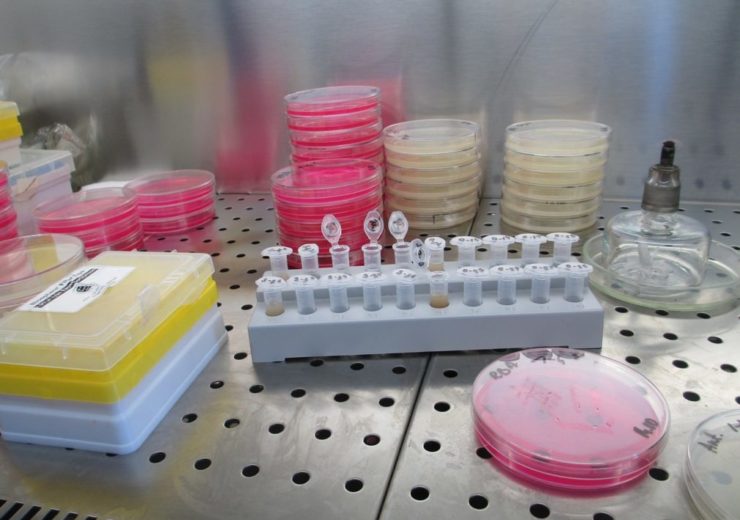BioConsortia is bringing new products including biopesticides, biostimulants and fertilizers into registration phase

Image: BioConsortia brings several new products into registration phase. Photo: Courtesy of Sintija Valucka/Pixabay
BioConsortia, a microbial solutions provider for plant trait enhancement, has moved several of its new products into registration phase.
BioConsortia claims that its research and development platform has discovered beneficial microbes and has developed a model to produce agricultural products with higher efficacy and consistency across three areas including biopesticides, biostimulants, fertilizer use efficiency and nitrogen-fixation.
Under the biopesticides category, BioConsortia claims to have a pipeline of several biofungicides and nematicides with higher efficacy.
Its biostimulants category is touted to include growth prompting products that can significantly increase yields across standard, high-yielding and agronomic conditions.
Under fertilizers and nitrogen-fixation, the firm is developing products for major non-leguminous row crops such as corn and wheat.
BioConsortia raised £32.7m from Khosla Ventures and Otter Capital
After raising more than $40m (£32.7m) from Khosla Ventures and Otter Capital, BioConsortia invested in its R&D platform, with a team of 35 scientists to develop biological with superior efficacy and higher consistency.
The company claims to have developed a pipeline of products proving the competitiveness of its Advanced Microbial Selection (AMS) platform. The biofungicide and biostimulant products are in their registration phase and along with a series of nematicide products that are expected to be submitted for registration next year.
BioConsortia stated that it has pioneered in using directed selection supported by microbiome analysis and machine learning to identify microbes that can improve plant performance, increase crop yields, and decrease the use of conventional pesticides and fertilizers.
Once the leads are identified, the firm uses its microbial R&D techniques such as tagging and root colonisation robustness to ensure that the products are effective across a wide range of crop, soil and environmental conditions.
The company claims that the products that are moving into the registration phase showed their efficacy across extensive field trials. It has identified several biofungicide leads that are numerically better in efficacy than the biofungicide products on the market today, two of which are entering the registration phase of development.
The biostimulants in the registration phase have shown more than 15% yield increase in tomatoes, potatoes and green beans.
BioConsortia CEO Marcus Meadows-Smith said: “We are very excited by the progress that we have made in product development, for both biopesticides and biostimulants.
“We look forward to bringing these new, enhanced products to market via partners to benefit both grower profitability and the environment.”
